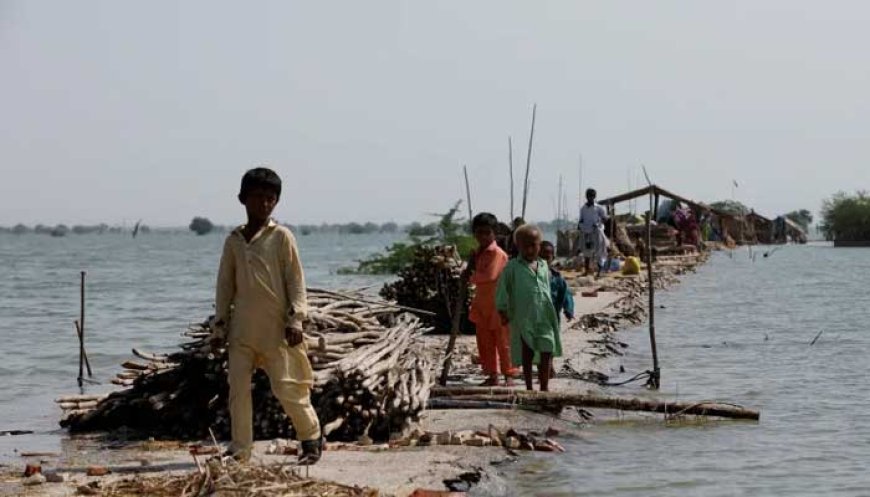SBP receives $500m from ADB under climate resilience programme

1. Inflow to help boost country's import cover and stabilise currency
Pakistan Receives $500 Million from ADB for Climate Resilience Programme
In a significant boost to its foreign exchange reserves, Pakistan received $500 million from the Asian Development Bank (ADB) on Thursday under the Climate Change and Disaster Resilience Enhancement Programme (CDREP).
These funds will be reflected in the State Bank of Pakistan’s (SBP) foreign exchange reserves data for the week ending November 29, 2024, scheduled for release on December 5. The inflow is expected to strengthen the country’s import cover and stabilize the currency.
As of November 22, the SBP's foreign exchange reserves had already risen by $131 million on a weekly basis, reaching $11.42 billion. Pakistan’s total liquid foreign reserves stood at $16.08 billion, with $4.66 billion held by commercial banks.
ADB Loan and Programme Goals
The $500 million loan agreement, signed earlier this month, aims to bolster Pakistan's resilience to natural disasters and climate change impacts. The CDREP seeks to enhance institutional capacity for disaster planning, preparedness, and response.
Key objectives include promoting inclusive investments in disaster risk reduction and climate resilience, scaling up disaster risk financing through a layered approach, and integrating gender-sensitive and resilient public investments such as flood risk management and nature-based solutions.
The ADB highlighted Pakistan's vulnerability to climate change, noting that disaster-related losses average over $2 billion annually, disproportionately affecting women and other vulnerable groups. Alongside the loan, the ADB also approved a $1 million technical assistance grant to support programme implementation.
National Climate Finance Strategy Launched
Pakistan recently unveiled its first-ever National Climate Finance Strategy (NCFS) to address the growing challenges of global warming. Launched on November 15 at COP29 in Baku, the strategy outlines a roadmap to mobilize funds for climate mitigation and adaptation.
Finance Minister Muhammad Aurangzeb and the Prime Minister’s Coordinator on Climate Change, Romina Khurshid Alam, introduced the strategy at the Pakistan Pavilion. Alam described it as a pivotal step toward bridging Pakistan’s climate finance gap, which is estimated at $348 billion by 2030 to achieve climate-resilient and low-carbon development goals.
The NCFS focuses on increasing climate-related investments, attracting international financing, and strengthening domestic financial systems. "This marks a major milestone in our commitment to a sustainable and climate-resilient future," Alam emphasized during her keynote speech.
With these initiatives, Pakistan continues to tackle its dual challenges of climate vulnerability and financial stability.

















































